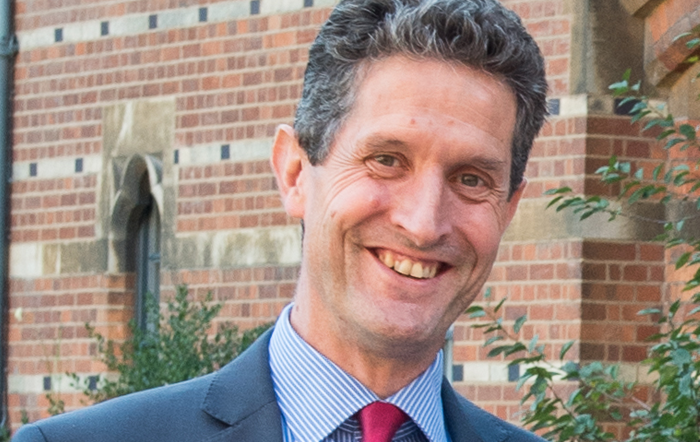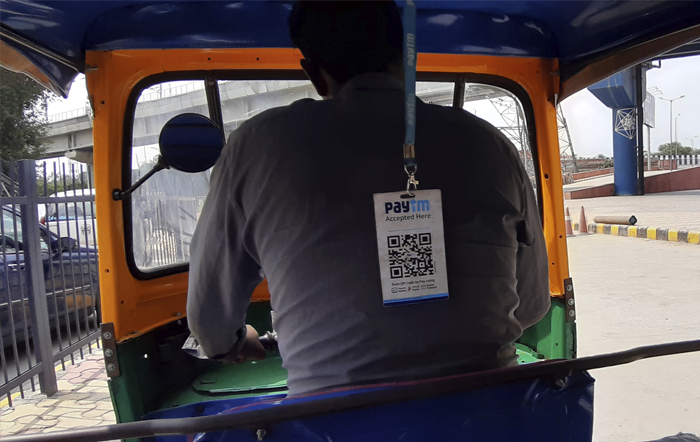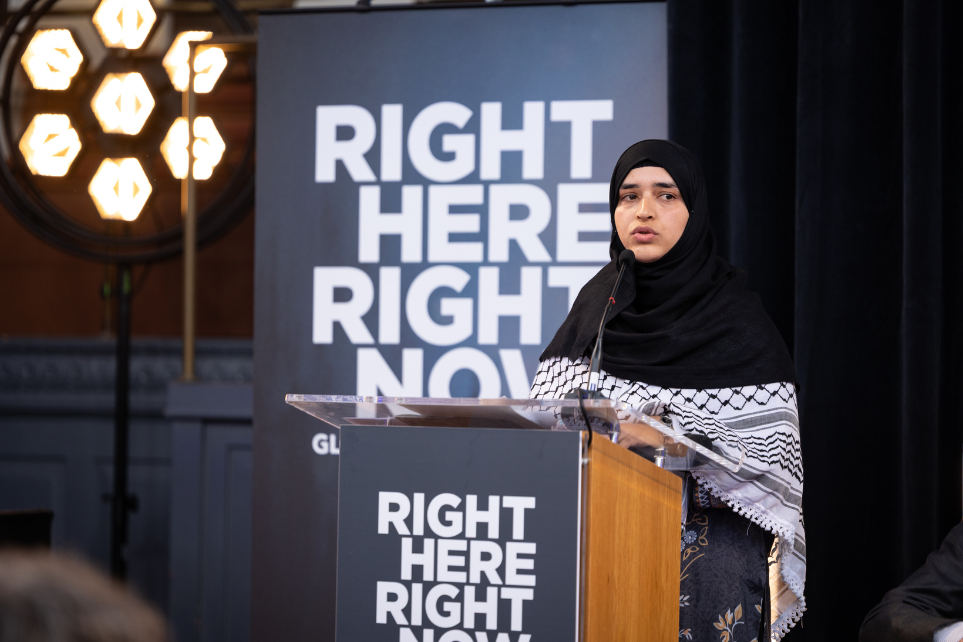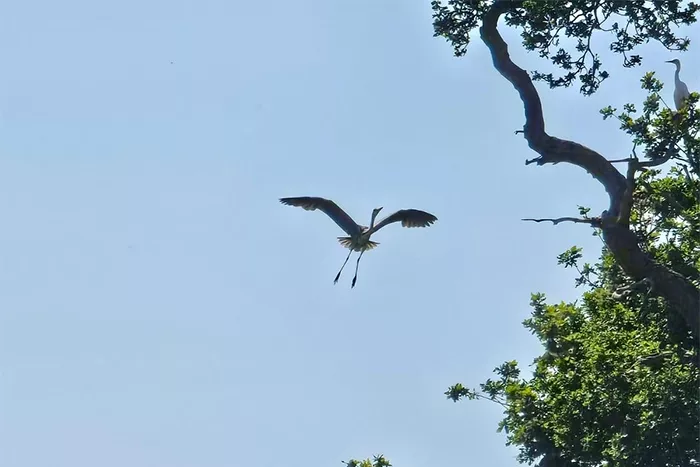Tabina Manzoor, a Kashmiri student, researcher, and environmentalist currently pursuing an MSc in Water Science, Policy, and Management at SoGE, served as a student co-moderator at Oxford’s recently concluded Right Here Right Now Global Climate Summit, where she also gave an opening address at the Sheldonian Theatre.
News
What Jeff Bezos could do with his $10bn climate change fund
The Earth Fund will need to pick investments carefully to identify technologies where modest changes can have a snowball effect. "10 billion from a single person is hugely generous, but it's tiny compared to the need to redirect $1-2 trillion a year away from fossil fuels," explains Cameron Hepburn in the Telegraph.

Prof Myles Allen's scientific life profiled on BBC Radio 4
On 'The Life Scientific' Myles Allen tells Jim Al-Khalili how our ability to predict climate change has evolved from the early days, when scientists had to rely on the combined computing power of hundreds of thousands of personal computers. He sheds light on how the IPCC works and explains why, he believes, fossil fuel industries must be forced to clean up the carbon dioxide that they emit - a plausible solution, he says, to the "deeply solvable problem" of human-induced climate change.

New public information film to address conditions facing Bangalore's auto-rickshaw drivers
TSU researcher Lucy Barker has been awarded a grant from the University of Oxford's Public Engagement with Research (PER) Seed Fund. The grant will support Lucy to make a short public information film on the auto-rickshaws in Bangalore, an idea that came to her during her recent PEAK Urban research.

Climate Assembly UK
Nick Eyre joined the UK's first nationwide citizens' assembly on climate change to provide expert information on heat and energy use in the home. Five other members of the Oxford-led Centre for Research into Energy Demand Solutions (CREDs) also provided advice. Climate Assembly UK brings together over 100 members from all walks of life and of all shades of opinion to discuss how the UK should achieve net zero.

Home Truths Report
UK homes are under threat from climate change, including increases in the frequency and severity of extreme weather like heat waves, flooding and storms. A new report from the Climate Coalition and the Priestley International Centre for Climate Change features a chapter from Friederike Otto describing the impact that climate change is already having on UK weather and homes.

Going freelance
A study from Zurich and the Smith School on agile workforce has found that 38 percent of respondents in Malaysia who are currently in full-time employment are looking to enter the gig economy in the next 12 months. Globally, an average of 20 percent of the workforce plan to go freelance.

Lex in depth: the $900bn cost of 'stranded energy assets'
If the 1.5C climate target were to be met, over 80 per cent of hydrocarbon assets would be worthless. Ben Caldecott comments in the FT Lex column on the Smith School-led concept of stranded assets.

Do Carbon Offsets Really Work? It Depends on the Details
Purchasing carbon offsets "is clearly better than doing nothing," Cameron Hepburn tells Wired. But key considerations include the need for companies to already be reducing emissions and assurance that offsets aren't replacing other actions.

Five ways to turn CO2 from pollution to a valuable product
There is currently little economic incentive for industries that emit CO2 to capture it, let alone to draw it directly down from the atmosphere. Identifying valuable products and how to make them might kickstart CO2 removal on an industrial scale, and help bring down emissions in the process, explains this post in the Conversation.

Nature launches new food journal
Volume 1 Issue 1 of the new Nature Food journal features two articles from ECI. John Ingram discusses why nutrition security is more than food security, and the wider Interdisciplinary Food Systems Teaching And Learning (IFSTAL) team highlight their unique approach to equip graduate professionals with the skills, tools and capabilities to better understand and manage food-system complexity.








